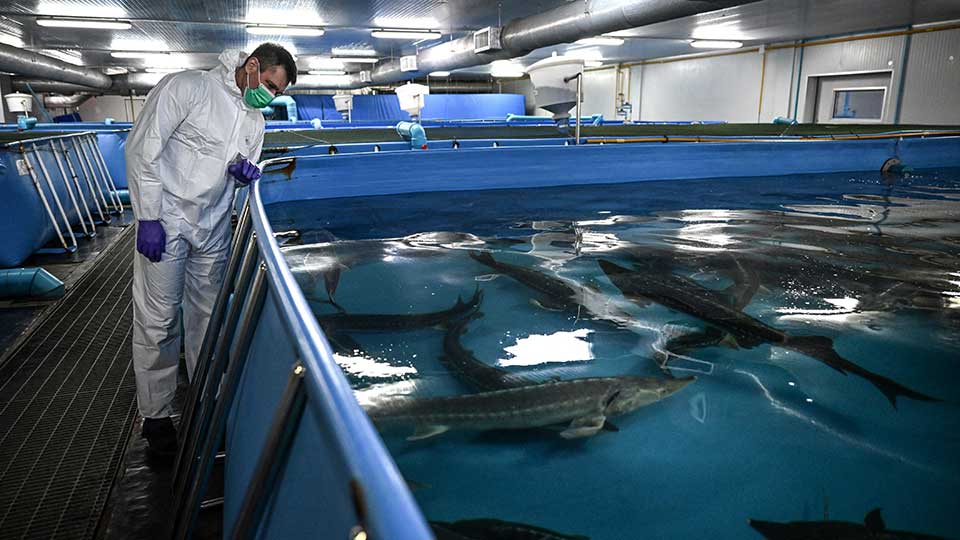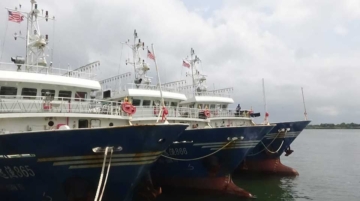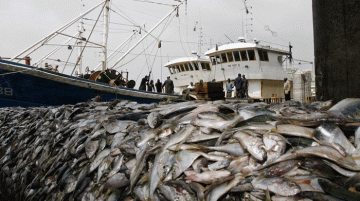
By Rebecca Ray
China’s demand for imported seafood is booming, projected to double by 2030. Domestically, consumer demand is primarily satisfied by aquaculture, the raising of aquatic plants and animals for food, but the sector has stagnated as the Chinese government tightens environmental regulations. Its deep-water fishing fleets have raised eyebrows and headlines around the world, leading to proposals aimed at dramatically altering ocean governance.
Given these pressures, why isn’t aquaculture one of the top sectors for Chinese outbound foreign direct investment (FDI)? Boston University Global Development Policy Center researchers explore this mystery in a new working paper, tracking Chinese FDI in aquaculture and related sectors around the world.
Our analysis revealed $1.3 billion in completed Chinese investment aquaculture projects from 2009-2019, representing 0.1% of total Chinese outbound FDI, which the International Monetary Fund estimates is $1.3 trillion. One deal accounts for most of this total: Joyvio Agriculture Development Co’s $987 million acquisition of the Chilean Australis Seafoods company in 2019. Furthermore, the only operational investments in this time were acquisitions of existing aquaculture projects by Chinese firms rather than brand-new projects.
Rather than direct aquaculture investments, a flurry of aquaculture-related aid and cooperation schemes have been built. In Africa (including Tunisia, Uganda, Namibia, and South Africa), these efforts are aimed at developing future aquaculture sectors, particularly through Chinese Agricultural Technology Demonstration Centers (ATDCs). In the Philippines, it included a donation of 300,000 fish fry for cultivation and export to China.
China has also been active in related seafood sectors: development finance for fishing ports and boats, as well as downstream industrial investment in seafood processing plants, but these efforts have been stymied by serious environmental problems that threaten traditional fishing livelihoods. Projects have been met with protests, legal challenges, and in one case, arson.
The challenges of these experiences hold important lessons for the efforts of aquaculture activities at African ATDCs. Environmental and social protections for the aquaculture sector are crucial for the sake of aquatic ecosystems, the communities they support and for the investments themselves. As China develops its own environmental standards for the aquaculture sector, it will be important to export its best practices in its investments overseas. Host countries would be wise to thoroughly consider whether aquaculture is a sector they want to develop domestically and if so, to approach it with a robust framework of social and environmental protections.
Rebecca Ray is a Senior Academic Researcher at the Boston University Global Development Policy Center. Follow her on Twitter: @BUBeckyRay.








